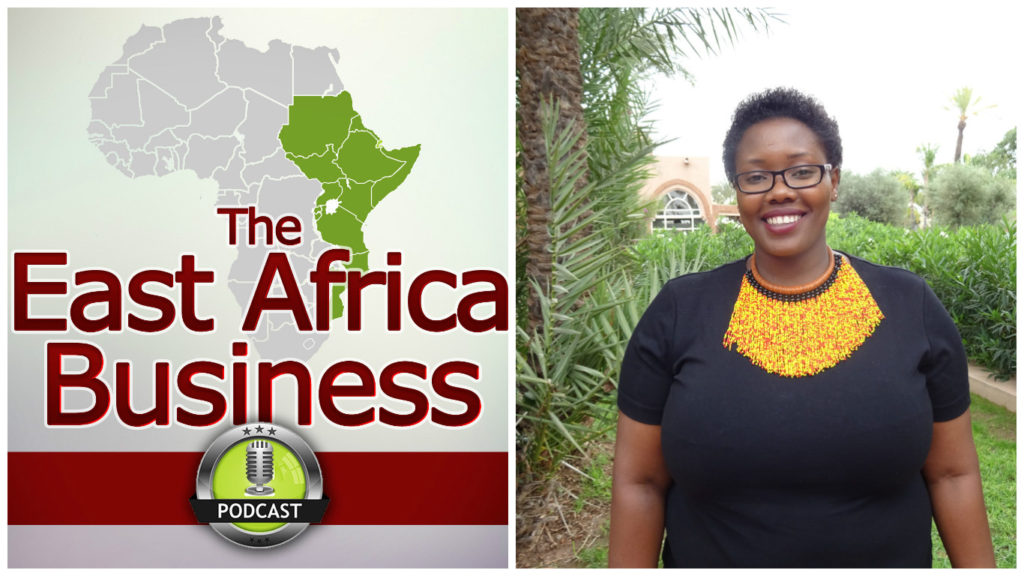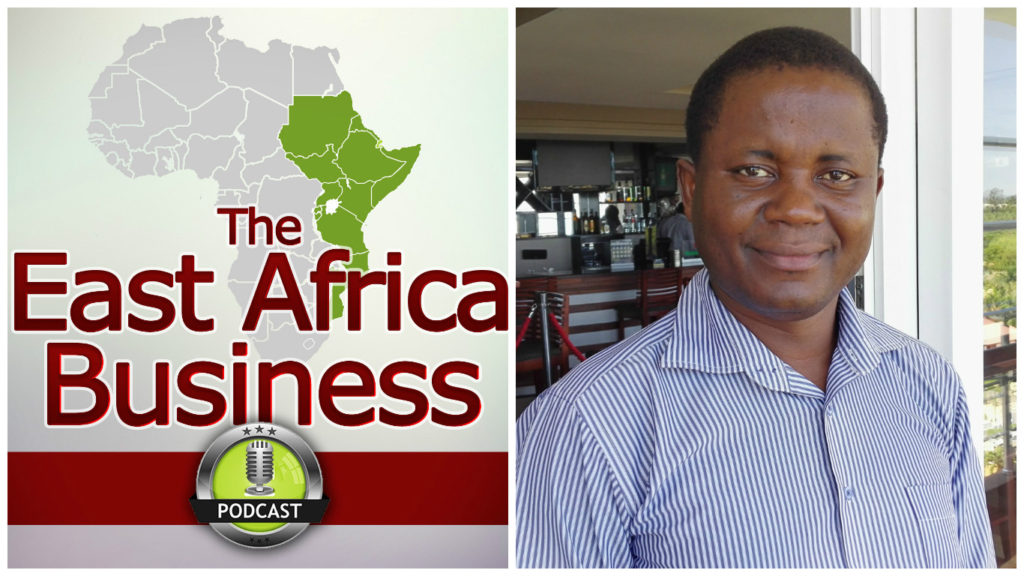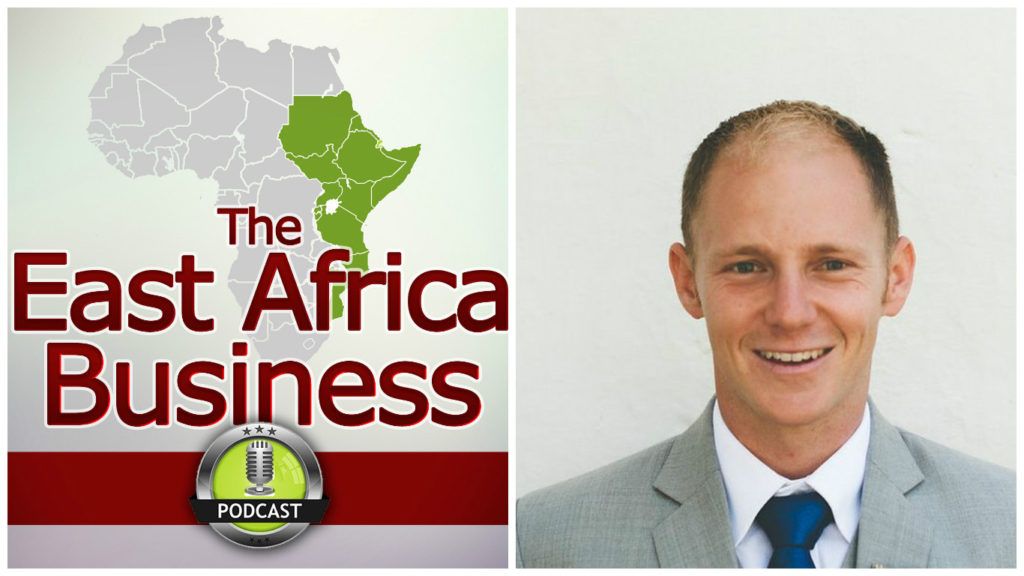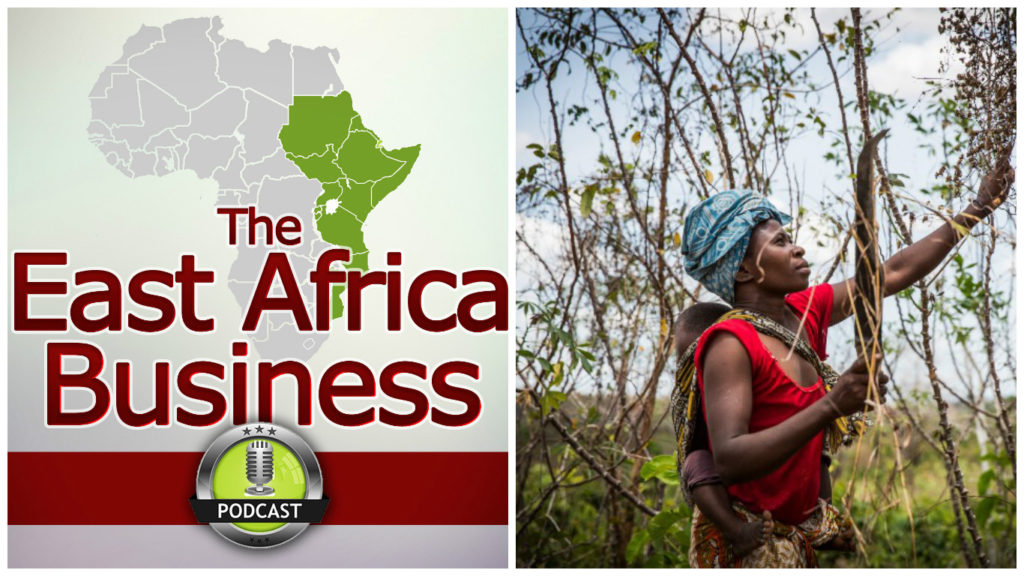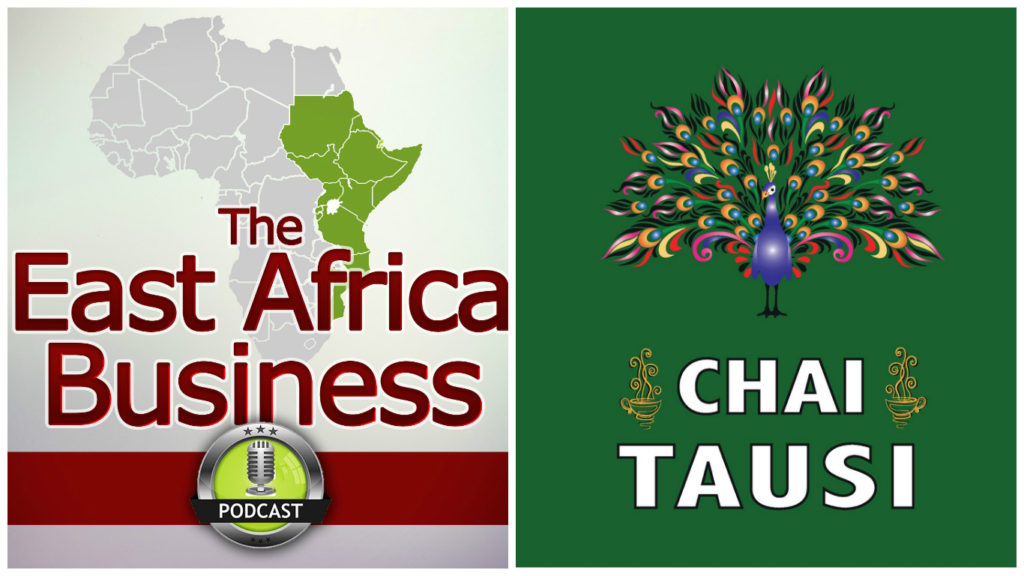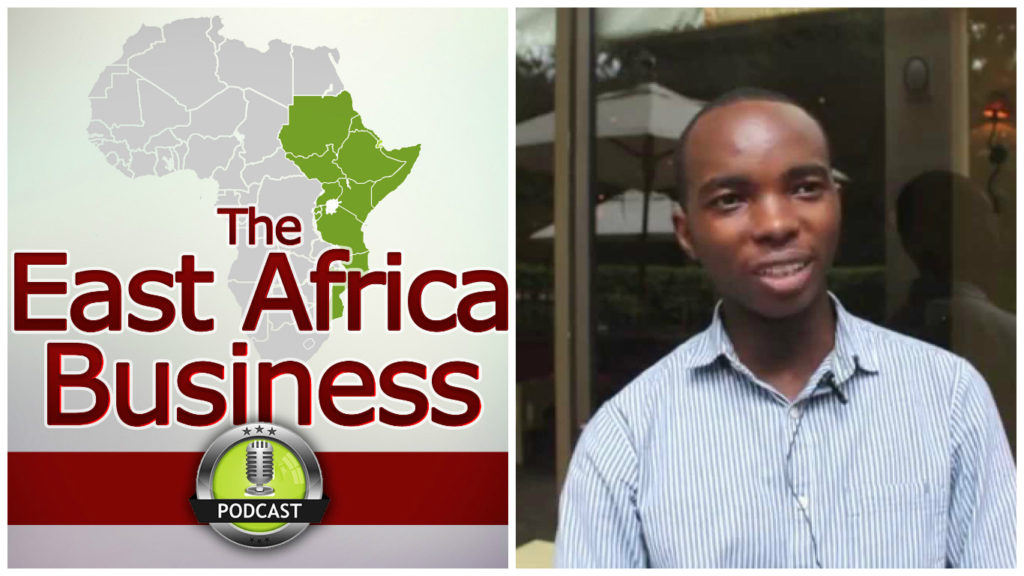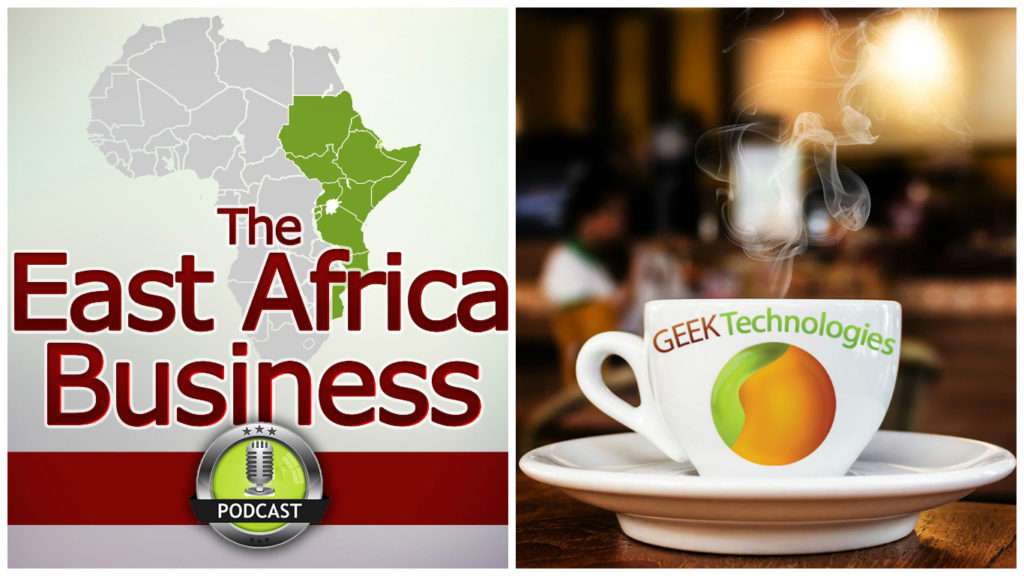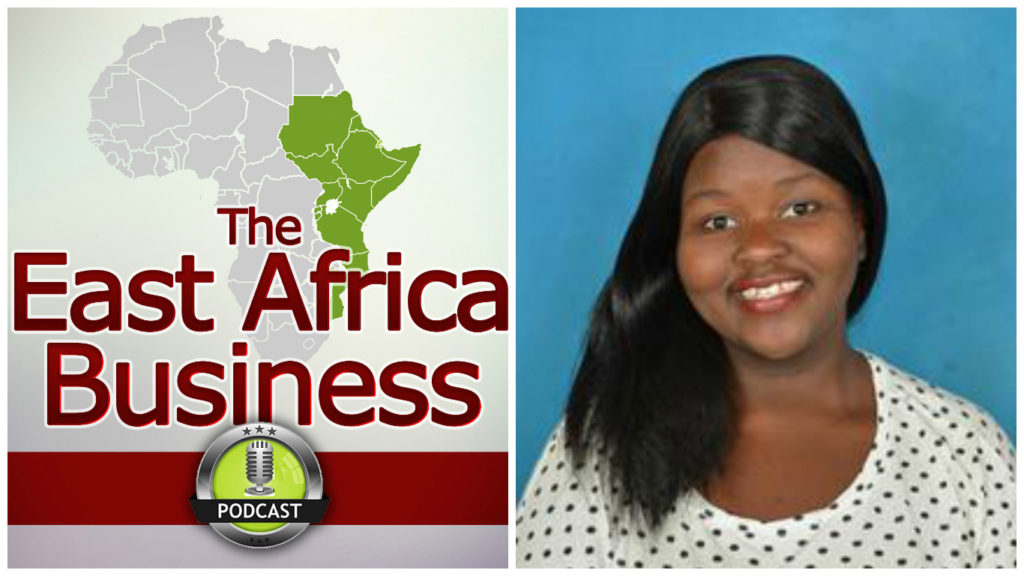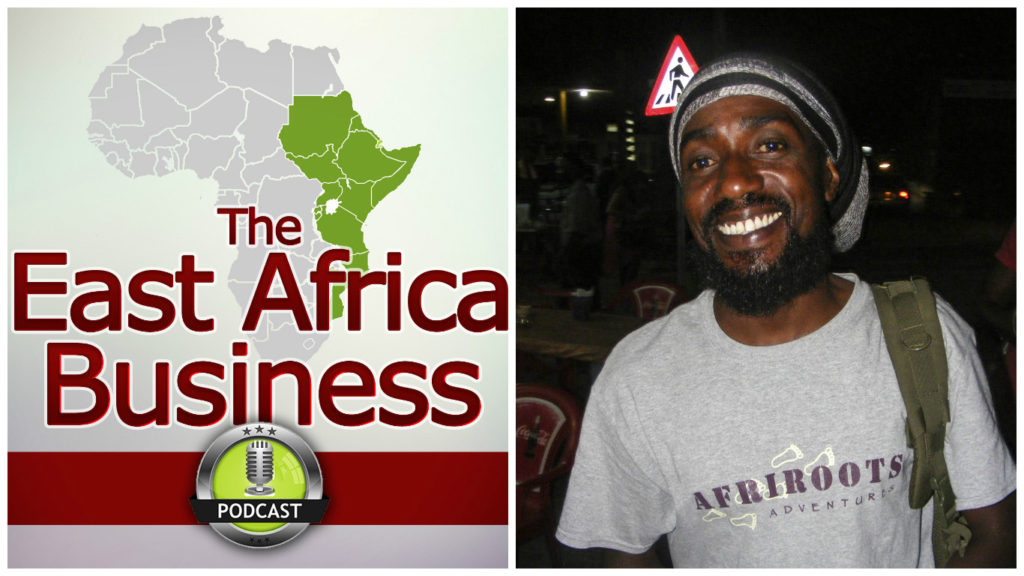Overview
Most people like to be entertained.
Soon after getting a smartphone, people in East Africa start to seek out entertainment in the form of videos on Youtube not even considering the idea of a traditional television which has to stick to a schedule and requires being at home
Internationally, the dominant “on demand” video service is Netflix though the content isn’t very relatable to the African market.
Victor and I discuss Tango TV, the Netflix alternative starting in Tanzania
We discuss the current media distribution model in Tanzania, considerations of building a video streaming app in East Africa and why the local market won’t watch Game of Thrones even if it was in Swahili
It’s a very interesting conversation that we have, and so I hope you enjoy.
Sign up below to hear whenever there are new stories and episodes released on the podcast
Here are some of the key quotes:
“Media streaming service for local content”
You can think of us as Netflix, but for local African content. We started in Swahili with a view of expanding our range across other languages.
“Local comedy films are most popular”
We have lots of different content, and lots of
“The issue is distribution”
Swahili films are very popular however there are many issues with how they distribute. A lot of piracy, DVDs are obsolete.
“It’s just going to get better”
The trend is always towards accessing films and shows over the internet rather than watching linear TV. If we’re early, then we’ll wait for everyone to catch up.
“Streaming beats downloads”
After doing some testing we found that people preferred to stream than download, typically because they don’t have the storage space on their device.
“We looked at different data”
Such as how many people are watching a Swahili film on Youtube. We estimate 11 million people have access to the internet in Tanzania.
“When people get a smartphone…”
First thing is Whatsapp and Facebook. Then it’s used for entertainment.
“Game of Thrones is niche”
Most people are wanting local content. Foreign programmes aren’t really mainstream.
“I targeted key terms”
Through analysing what people were searching for on Play Store and Instagram we made some specific posts which is a good way for us to get users.
“Costs come from infrastructure”
It’s relatively straightforward to work out how Youtube works. The bit that’s difficult is customising it to a local market, such as compressing files and ensuring quality.
“Web development is done in Tanzania”
The team works from Tanzania. Our server is currently based in Europe which means its a bit slower, however there isn’t the reliable infrastructure here.
“Maybe Netflix will acquire us…”
It’s difficult to go and sign up a load of film distribution companies. Netflix might have bigger markets to go to first, but we’ll go on and build our business here regardless.
“We charge a subscription”
This is how we make money (~$4/ month) from our active users. We pay for the content.
“Tanzania X Factor”
The equivalent is called “Ubongo Star Search”. If we are able to get that, then we’d be really happy.
“Most urban households have a TV”
We’re looking at customers who are currently watching TV at home and try and convert them to using Tango TV.
“Not many people have tablets”
If they have a smartphone then there’s not really a need for a tablet. If they want a bigger device, they’ll get a laptop.
“When we expand, it’s not just language”
The most important thing in the content is the cultural significance of the show. Even if it was subtitles in another African language, then people in the region would understand it more than, say, The Dark Knight film spoken in Swahili.
Social Media Follows etc.
Download on Play Store: Tango TV
Website: Tango TV
Facebook: Tango TV TZ
Twitter: Tango TV TZ
Tanzania X Factor: Bongo Star Search
